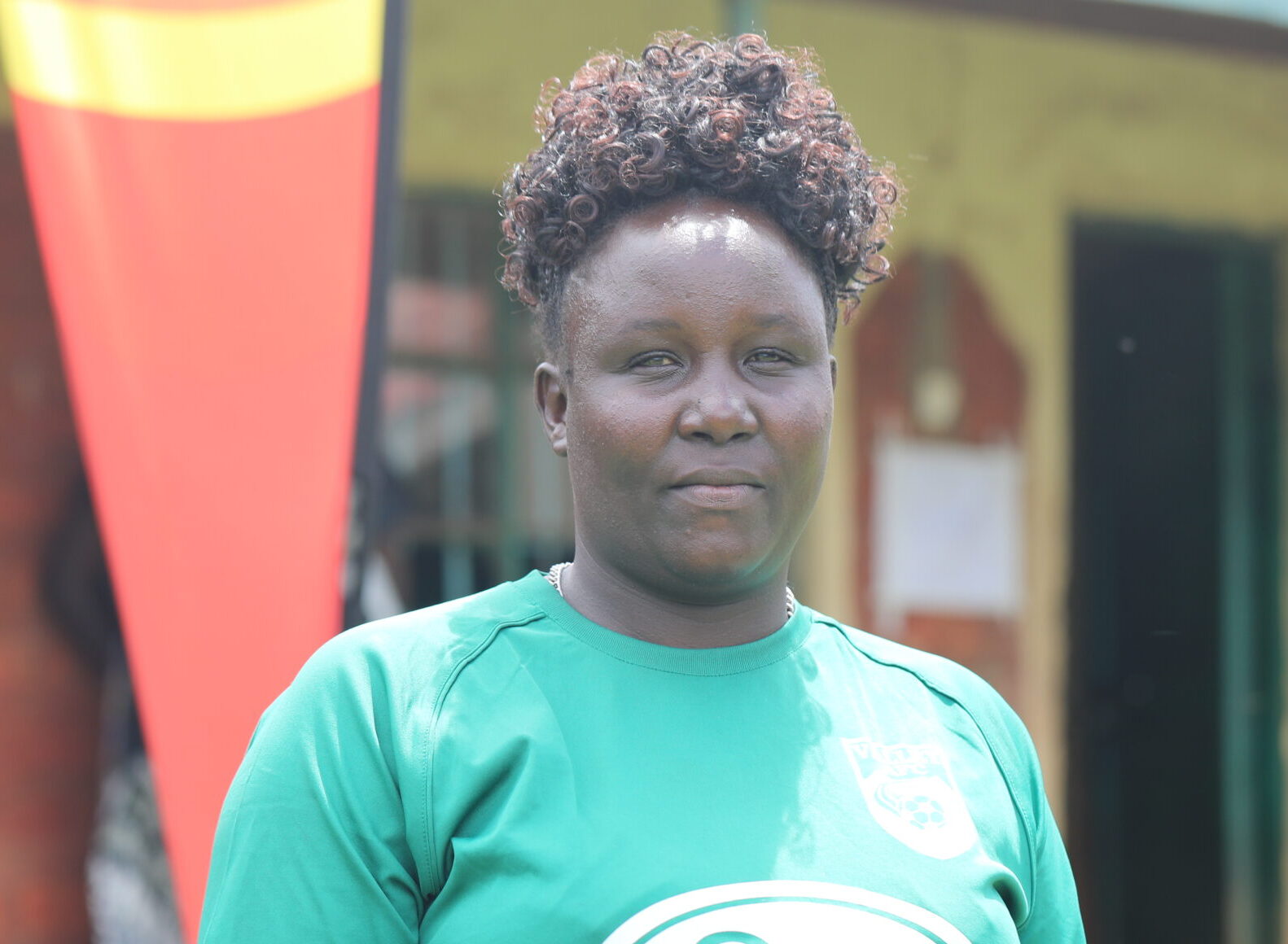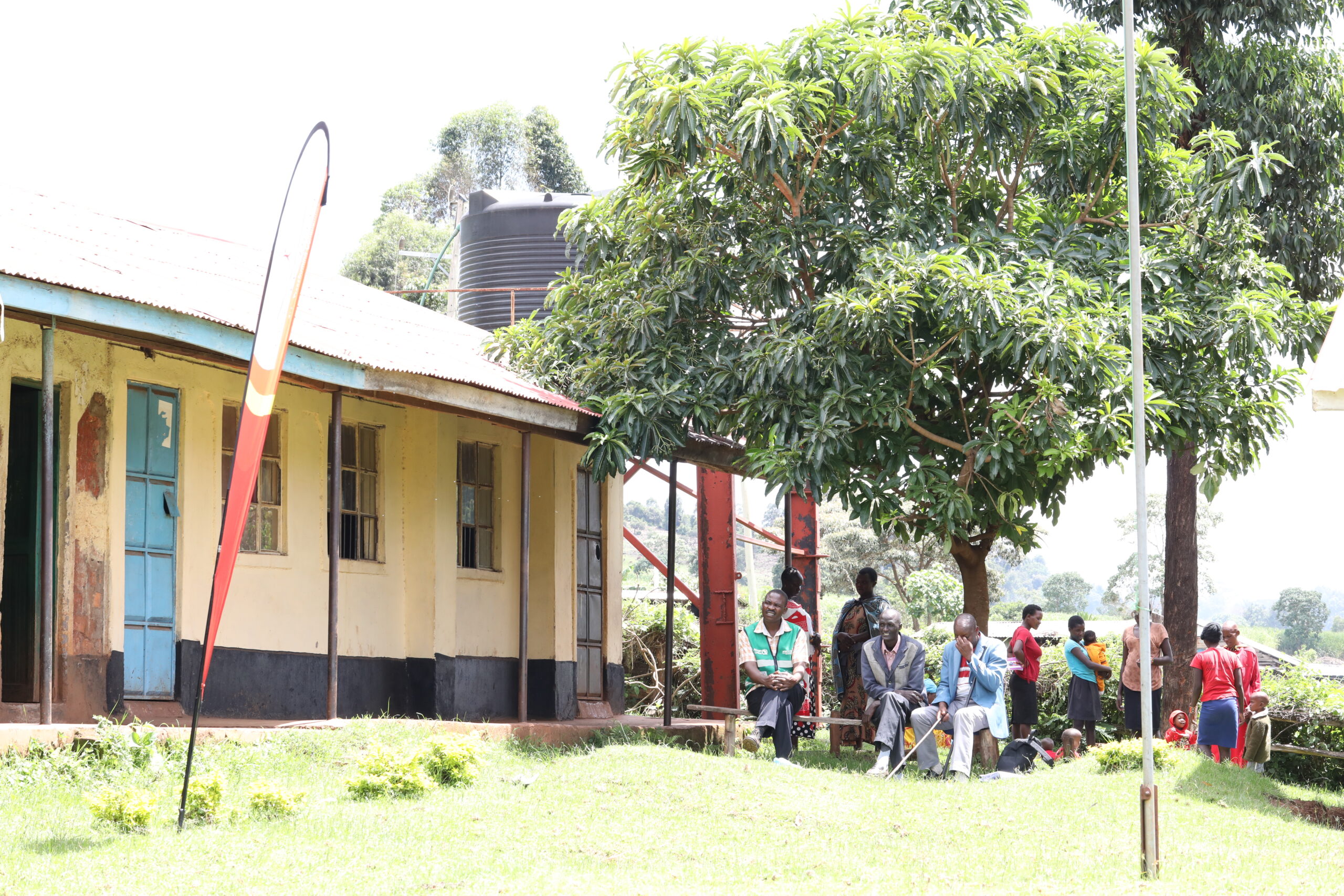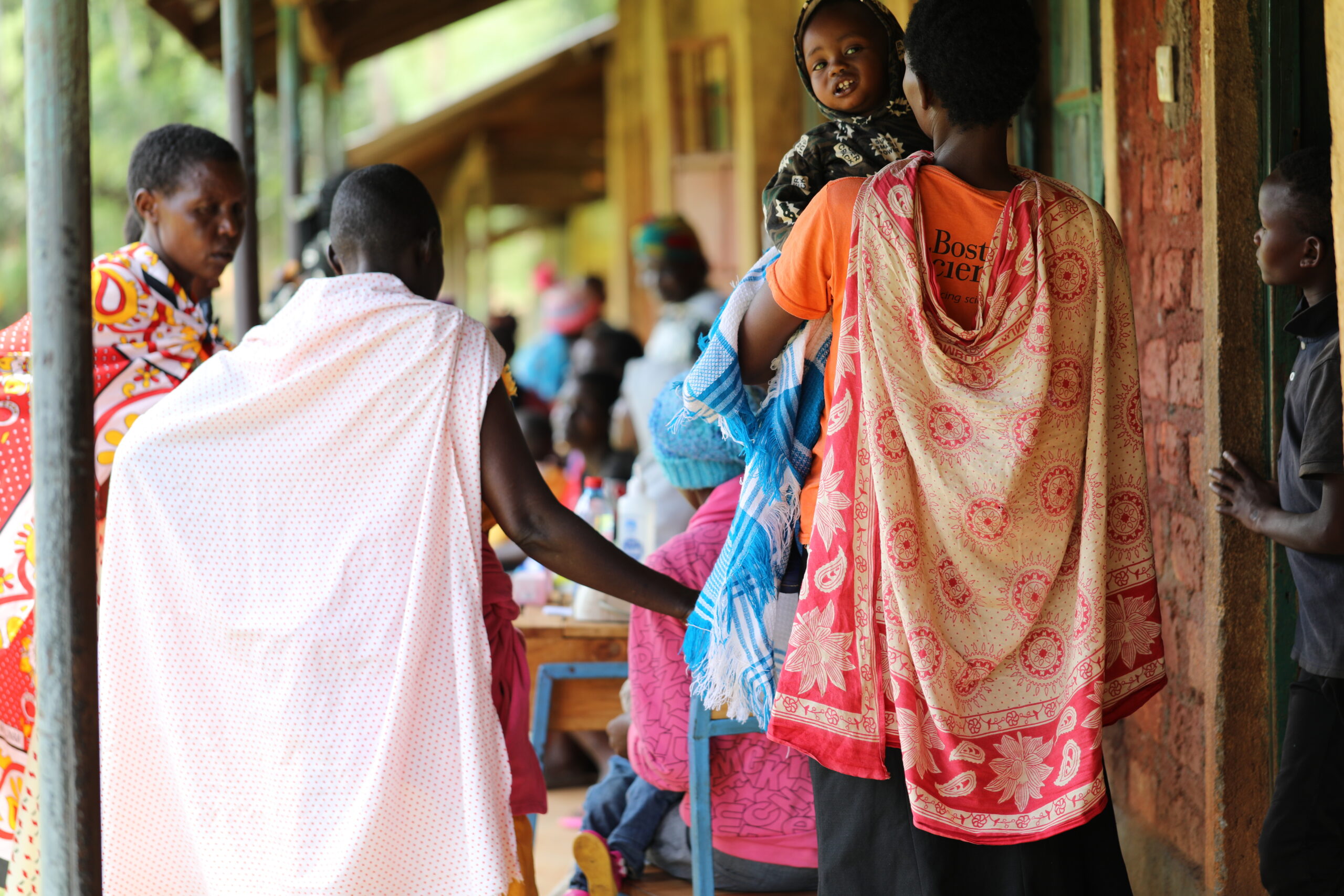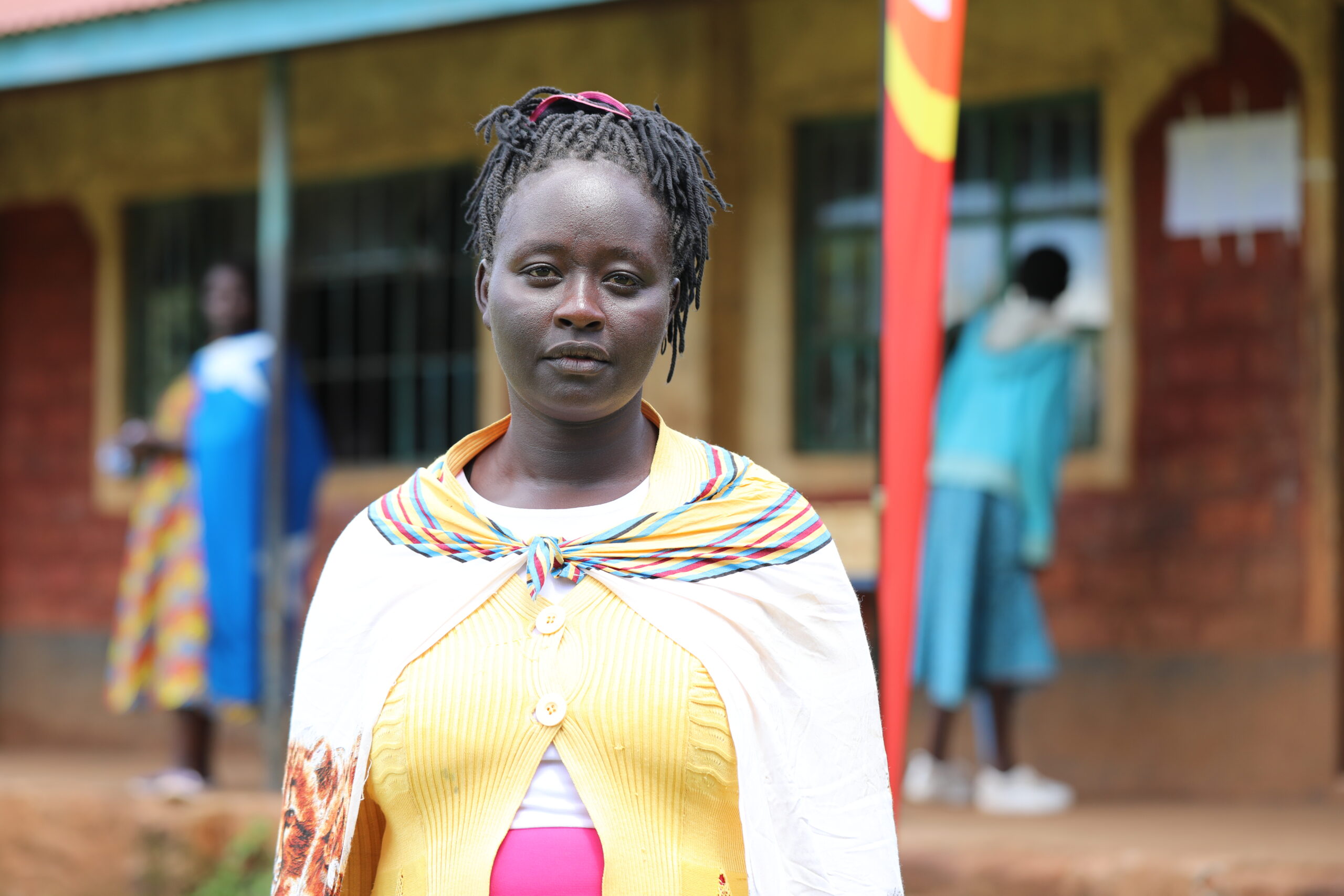Healthy girls come from healthy communities. At Kakenya’s Dream, we believe there is an important relationship between community health and women’s empowerment. When communities have access to health education, information, and medical services, people are better equipped to protect their bodies and make informed decisions about their health and future – particularly women and girls.

Unfortunately, the accessibility of these services is a major obstacle in the communities we serve. In our neighboring village, Empurkel, families have to travel over three miles to the nearest health facility and over nine miles to the nearest hospital. The majority of people do not own vehicles. While some can afford transportation via motorbike, most have to make this journey on foot. Local health promoter Eunice Ntuitia explains, “the hospital is too far. For the elderly who can’t ride a motorbike, it’s very difficult to get to a health center.”
Eunice says that distance isn’t the only barrier people face. She shares that her peers are often hesitant to seek medical care – particularly for sexual and reproductive health – due to stigma, shame, and fear. “Youth are afraid to know the status of their sexual health.” Studies have found that negative or judgmental attitudes of health workers also prevent people from seeking care, especially adolescents.

These challenges have had a negative impact on the health of the Empurkel community. The Ministry of Health identified Empurkel as “having poor indicators in pre- and post-natal care, immunizations, and HIV testing and treatment services,” explains Joash Araka, Clinic Officer for Kakenya’s Dream.
As part of our commitment at Kakenya’s Dream to accessible, stigma-free, and youth-friendly healthcare, we’re opening our own health clinic next year. To ensure everyone in our community and across neighboring villages are aware and will utilize our clinic once it’s operational, we’re reaching out and coming to them first.
This month, we hosted our first-ever medical outreach event. In collaboration with the Enoosaen Health Center, we converted an empty school in Empurkel into a pop-up clinic outfitted with a lab, exam room, and nurse station.

We advertised the pop-up clinic through word of mouth and on the local Maasai radio station. By the end of the day, we saw 224 patients. People sought treatment for a wide range of issues, including malaria, hypertension, tonsillitis, HIV, and upper respiratory infections. We also experienced significant demand for sexual and reproductive health services. We performed screenings for HIV, Hepatitis B, and other STIs and provided modern contraception.
We observed that many women would leave the clinic after receiving care and later return with their sisters, friends, children, and even extended family who needed care. Seeing that their experience was positive enough to return with loved ones and entrust their care to us was deeply gratifying. Because in addition to providing needed services and raising awareness about the grand opening of our own clinic, we also wanted the pop-up to be a positive healthcare experience for patients that would help counter any negative past experiences and general fears around seeking care.

Patients like Mary Sipala shared, “I heard there was a medical event and I was happy because the health center is so far away. It has been a great experience to have medical services brought to your doorstep.” We received similar feedback from Jonathon Saningo Olopono, another patient who said, “It was a good experience from beginning to end. I would come again.”
Overall, the event helped stimulate conversations around sexual and reproductive health and demystify general misconceptions and fears around health services. We look forward to continuing this work in our on-campus clinic next year, and through our existing health education programs. Together, these programs will empower people with the knowledge necessary to make informed choices about their health and provide accessible and compassionate medical services that will encourage people to seek the routine care they need to lead healthy lives.
